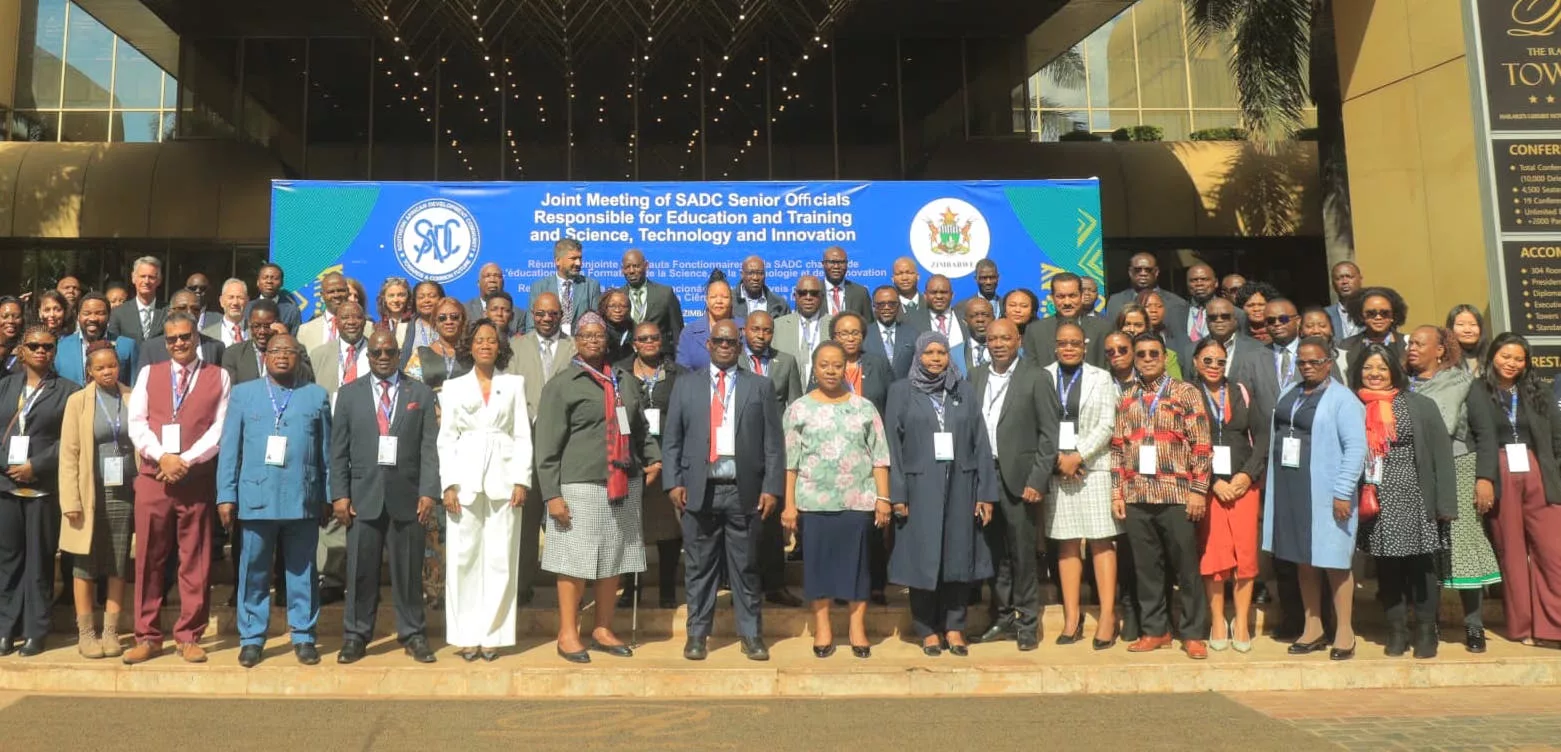|
Getting your Trinity Audio player ready...
|
Writes Emilia Dias
In an era where online interactions increasingly shape our social lives, the occurrence of online harassment poses a significant threat to the safety and well-being of individuals, particularly those engaging in online dating. Incogni’s researchers have found that almost a fifth of internet users (19%) have experienced online harassment, while people currently dating online experienced it almost twice as often (36%). A significant portion of internet users (37%) claim to know what of their personal data is available online, with a majority also recognizing the link between exposed data and the potential for online harassment.
The consequences of online harassment extend far beyond the digital realm, affecting the mental and emotional health of victims. Anxiety, depression, and a sense of vulnerability are just some of the devastating consequences experienced by those subjected to online abuse. Moreover, extreme forms of harassment, such as swatting, can escalate situations to life-threatening levels, highlighting the critical nature of this issue.
Incogni, a leading data privacy firm, conducted a survey to determine internet users’ experiences with online harassment and their usage of dating apps. They also analyzed the data collection and sharing practices of some of the most well-known dating apps currently available.
Incogni’s researchers found that among the 19% of respondents who had experienced at least one form of cyber abuse, cyberbullying, hate speech, and trolling were the most common manifestations. Women were disproportionately affected by sexual harassment, online impersonation, and cyberstalking.
A significant number of respondents (37%) are aware of the availability of their personal data online, with a majority understanding the connection between data exposure and the occurrence of online abuse or harassment. Among internet users who use dating apps, 36% have reported experiencing online abuse, with cyberbullying and hate speech being the most prevalent forms of harassment. This number is almost twice as high compared to the general population.
Researchers then focused on popular dating apps, including Facebook, Bumble, Hinge, Plenty of Fish, and Coffee Meets Bagel. Some concerning data-collection practices and security incidents were revealed. These platforms collect sensitive information such as sexual orientation, information on race and ethnicity, and political beliefs, and many have also experienced data breaches, leading to the unauthorized exposure of user data, including photos.
It’s important to consider factors such as the data collection and sharing practices of such apps, as apps that collect large amounts of user data may inadvertently heighten the risk of security breaches and, in turn, incidents of harassment. Dating apps require users to disclose personal information, ranging from basic demographics to more intimate details such as sexual orientation and preferences. While certain information may be essential for the functionality of these platforms, users should exercise discretion when sharing optional data and interacting with unknown individuals while using these apps.
“Incogni calls upon dating app developers to prioritize user security and privacy by introducing effective data-protection measures and contributing to a culture of accountability. Additionally, we urge users to remain cautious, stay informed of the risks associated with online interactions or when sharing personal information, and report instances of harassment. Together, we can work towards creating safer and more inclusive digital environments where individuals can connect and build meaningful relationships without fear of harassment or violence,” – underlines Darius Belejevas, Head of Incogni.
The survey was conducted using the Cint platform. The research team surveyed a nationally representative sample of 1,008 adults residing in the United States. The quotas on age, gender, and place of residence are based on US demographic data. The most well-known dating apps were recognized based on a ranking by Forbes. The research team then collected information about these apps from the Google Play Store, noting what user information the selected apps collected and shared and for what purposes.
The full text of the study and images are available here: study
The data used in this study is available here: public dataset.






